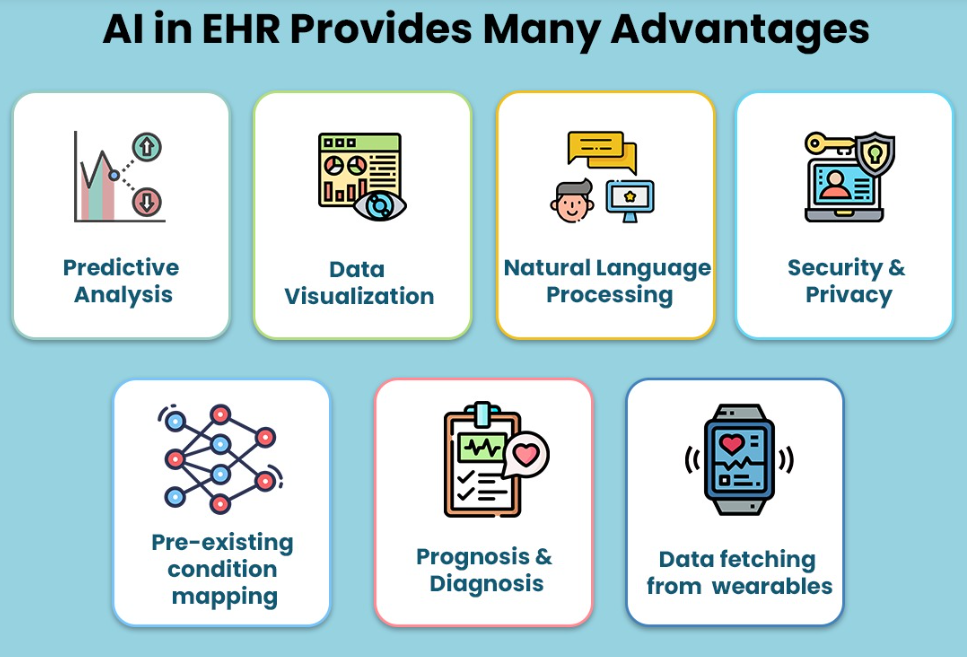7667766266
enquiry@shankarias.in
Mains: GS II -Issues Relating to Development and Management of Social Sector/Services relating to Health, Education, Human Resources.
Why in news?
In recent times AI-enabled Electronic Medical Records (AI EMRs) are revolutionizing healthcare by enhancing diagnosis accuracy, improving accessibility, and reducing costs.
What is AI-based EMRs?
Multi language support ensures even non-English speakers benefit.

The Hindu| AI-based Electronic Medical Records transform healthcare